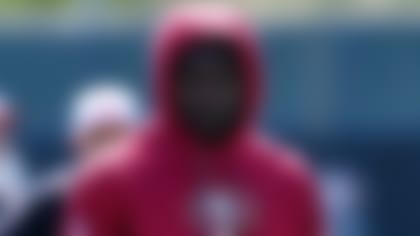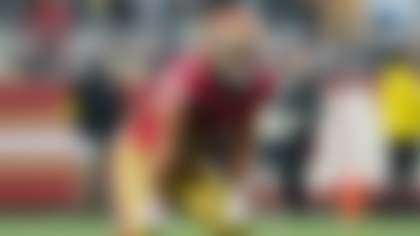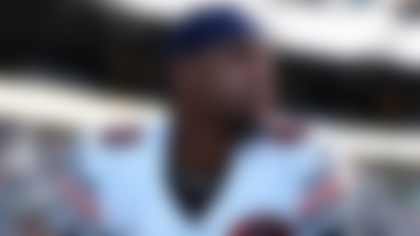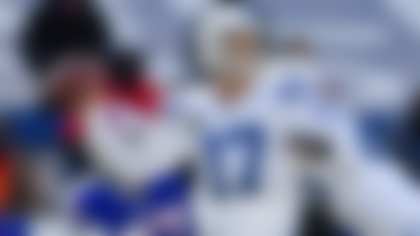NFL Evolution will feature a guest columnist every Tuesday, each with a different viewpoint of player health and safety from the youth level to pro football.
By Dr. Joseph F. Waeckerle, NFL Evolution columnist
After a student-athlete suffers a concussion, we often assume that they will be fine in a week or so and then will be cleared to return to athletic competition. Yet what does it mean if a student-athlete isn't cleared to return to play? What should parents do next?
A health care professional trained in the evaluation and management of concussions has the responsibility of providing state of the art care to the concussed student-athletes. The goal is to return them to their normal state of mental and physical well-being and, additionally, to return them to athletic competition with the same risk of injury that is inherent in the sport to all involved. This requires that concussion care adhere to principles of "best practices" in all stages of care, from injury to well being.
Initially, the concussed student-athlete requires both mental and physical rest for a period of time until symptoms/signs markedly diminish. The student-athlete gradually increases mental (cognitive) activities in difficulty and duration to the point that they are able to resume normal cognitive activities including academic responsibilities symptom/sign free.
At this point the return-to-play protocol for graduated physical demands can be started. This five-stage protocol combines progressively more rigorous physical performance with the presence or absence of symptoms/signs. The RTP protocol is familiar to health care professionals competent in concussion care and they carefully monitor the student-athlete during each stage for any setbacks. Upon successful completion of the RTP, the student-athlete may be cleared to play if the attending health care professional is satisfied that recovery is complete.
However, there is more to providing quality concussion care than delivering these fundamentals. Each concussed student-athlete is a unique individual and his or her path to well being varies. The knowledgeable and experienced health care provider will identify the distinct individual needs of the concussed student-athlete and address those specifically during the progression of care.
The health care professional will be attentive to subtle symptoms and findings that suggest a setback or slower progress in recovery. There is no absolute time table.
If the path to recovery is prolonged because of recurring problems, if the mental or physical recovery protocols can't be successfully completed, or if the attending health care professional is uncomfortable that complete recovery has occurred, then further consultation with knowledgeable and experienced specialists is indicated.
The potential short- and long-term complications are always a concern so it is best to err on the side of caution.
Dr. Joseph F. Waeckerle is clinical professor of emergency medicine at the University of Missouri-Kansas City School of Medicine. He also is editor emeritus of Annals of Emergency Medicine. He has practiced Emergency Medicine and Sports Medicine and has been a team physician at the grade school, high school, college, and profession level for over 30 years. He currently serves on the NFL Head, Neck, and Spine Injury Committee and the Mackey White Brain Injury Committee of the NFL Players Association.



